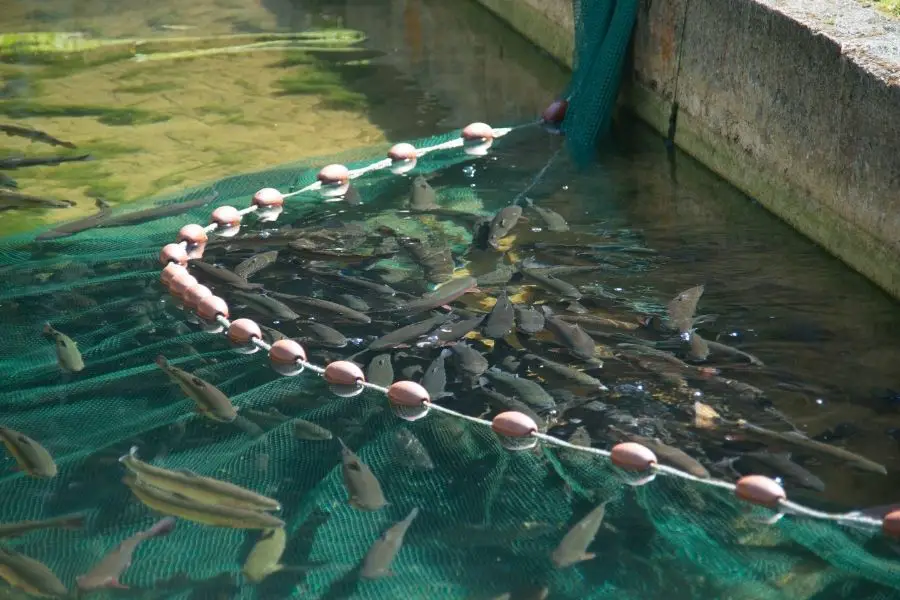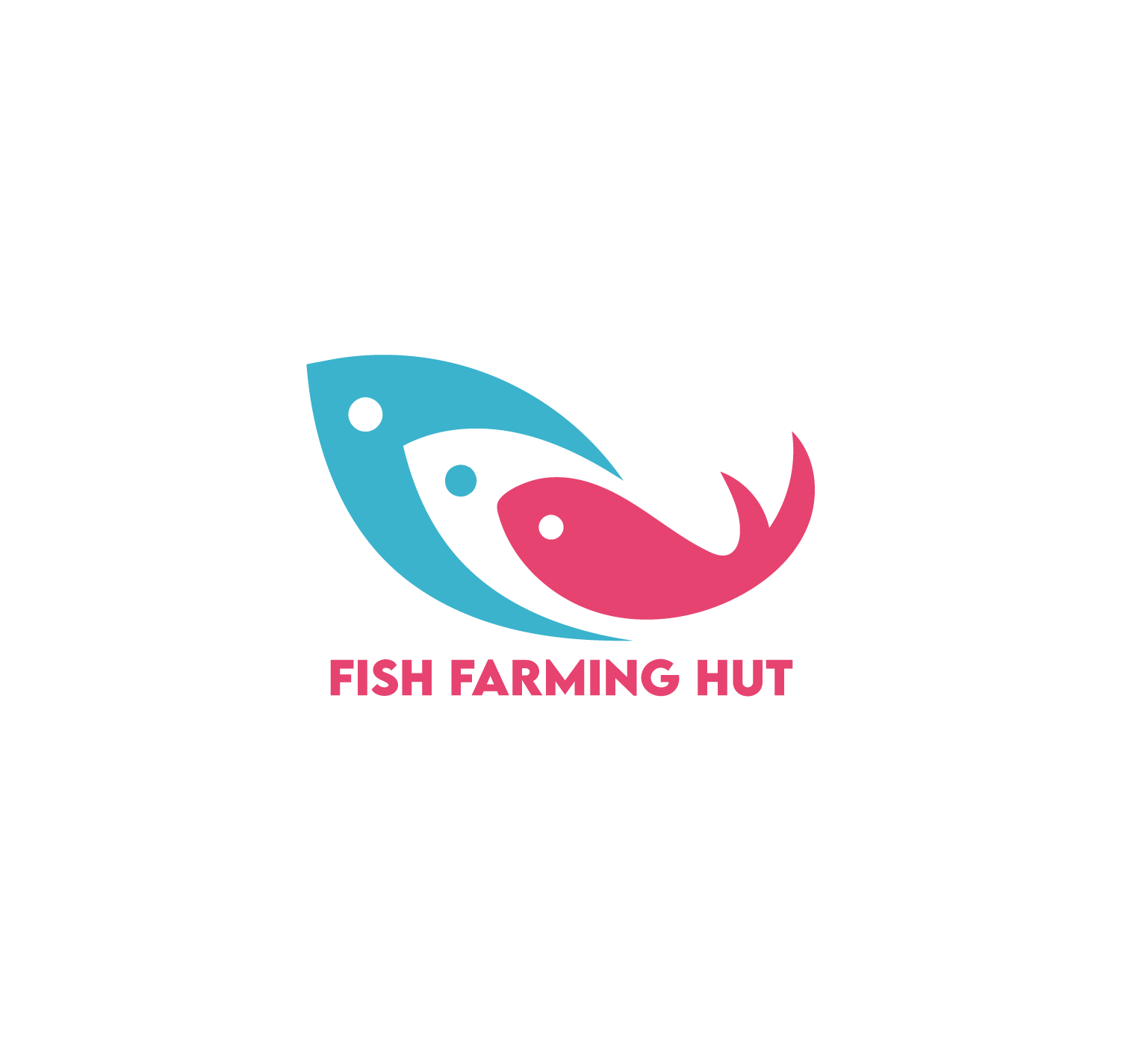One of the gravest matters facing the world today is food security. With the earth’s population set to reach 8 billion by 2023 and 9 billion by 2032, there is a serious need to meet the growing demand for sustainable protein sources. This is why aquaculture is a fast-growing industry around the globe.
Fish husbandry is vital to meet the increasing food demands of the global population. Farming fish is more economically efficient and environmentally sustainable than farming beef, pork, or chicken. In addition, fish is a healthier, leaner source of protein, containing high levels of Omega-3 fatty acids.
The fish stocks of the world’s oceans are dangerously low due to exploitation by commercial fisheries. Fish husbandry can relieve some of the pressure on wild fish species, giving their populations a chance to recover from the brink of extinction. These are just some of the factors that make aquaculture an important form of food production.

The Importance Of Aquaculture For The Environment
The ocean has always been a key resource for people worldwide because it covers 70% of the earth’s surface and contains tens of thousands of fish species. For far too long, the sea has been thought of as a bottomless well that we can just keep extracting from.
For hundreds of years, people living in coastal areas have relied on fishing as a key source of food. The 20th century saw the mechanization and industrialization of fisheries. New technology allowed us to catch and process an unprecedented quantity of fish.
The world’s annual fishing catch increased by a multiple of four in the four decades following World War II. By the early 70s, we began noticing that some populations of fish species, like herring, sardine, and pilchard, were suffering
As the human populace continues to grow, so does the demand for affordable, healthy, sustainable sources of protein. This is where aquaculture comes in.
Aquaculture takes the pressure off fish populations in the wild by providing an alternative source of fish meat. Fish husbandry is vital so that natural populations can recover.
Compared to terrestrial agriculture, fish farming is a way to produce healthy, lean protein in a more efficient way and on a smaller area of land. On a given piece of land, a fish farm can produce ten times the quantity of consumable meat.
The inputs for fish husbandry are considerably lower than that of other forms of agriculture. Fish have a far better feed conversion ratio than chicken, pork, or beef. This means that for the amount of feed that fish are given, they produce far more edible protein compared to other animals.
Aquaculture is also superior to other forms of agriculture in terms of greenhouse gas emissions. A single serving (100g) of fish is equivalent to 0.73 m2 of carbon dioxide. The same amount of beef is equivalent to 8.46 m2 of carbon dioxide!
The Importance Of Aquaculture For Human Health
The answer to the global problem of food security cannot be for everyone to become vegetarian. It would take vast tracts of land to produce enough vegetables and plant protein to feed the world’s growing population. It would mean destroying yet more natural environments to create space for agriculture.
The world’s rapidly growing population requires a cheap, reliable source of protein. Aquaculture aims to address the need for food security by producing a source of protein that is healthy, cost-effective, and sustainable.
Fish protein is far leaner and healthier than beef, pork, chicken, and mutton. In addition, scientific studies have demonstrated time and again how consuming fish regularly improves people’s health.
Fish meat is lower in cholesterol and contains high levels of Omega-3 fatty acids. As a result, they promote healthy brain development and reduce the risk of cancer, heart disease, and other lifestyle diseases.
Therefore, fish husbandry is not only crucial to the health of our planet but to human health too.
The Importance Of Sustainable Fish Husbandry Practices
As with any form of commercial agriculture, fish farming can have a negative impact on the environment. If fish husbandry is not practiced in a responsible, sustainable way, it can cause pollution and lead to the destruction of wild habitats.
When fish are kept in large numbers in controlled environments, like ponds, cages, or nets, the water quality must be carefully managed. Fish use up dissolved oxygen in the water by “breathing” it via their gills. Water must be aerated in some way to keep oxygen levels up.
Fish also produce waste in the form of ammonia and solid organic matter. At high levels, ammonia is toxic to fish, and together with the organic waste, it causes algal blooms that further lower water quality.
If the water used for fish farms is not cleaned or circulated sufficiently, or the contaminated water is released back into natural water bodies, it can have disastrous consequences for the fish and pollute local water resources.
Fish can quickly become diseased in poorly managed fish farms. If these fish accidentally escape into a nearby natural aquatic habitat, they can have negative impacts on local wild fish populations. If farmed fish breed with wild fish, it corrupts the natural populations’ genes.
Therefore, fish farming must be done in a responsible manner, and sound fish husbandry practices are of the utmost importance.
Conclusion
Fish husbandry is important for several reasons: to safeguard wild fish stocks from extinction, as a way to meet our ever-growing population’s need for a source of cheap, healthy protein, and as an alternative to other forms of agriculture, like cattle, pig, and chicken farming.
Fish meat is much healthier for humans to consume than other forms of protein because it is lean and contains high levels of Omega-3 fatty acids. Fish husbandry is far less harmful to the environment than other forms of agriculture because less land is required, and the inputs are lower relative to the outputs. Aquaculture is a resource-efficient way to produce protein to feed a growing population.
